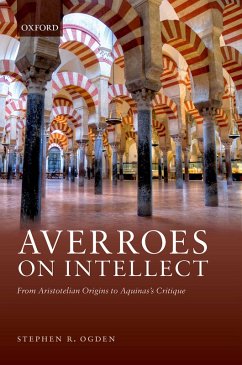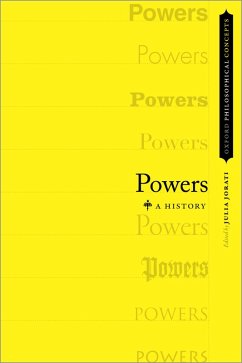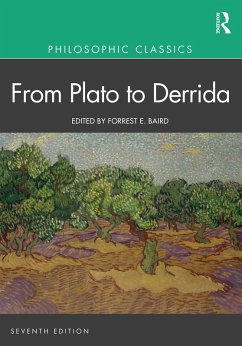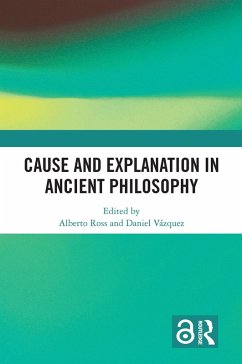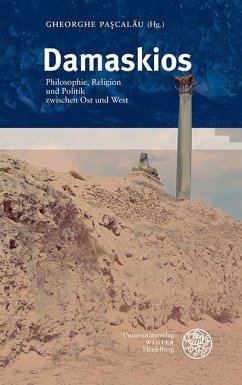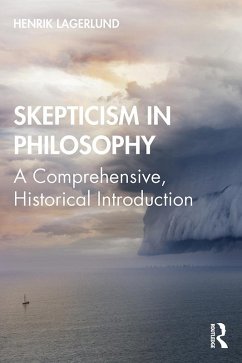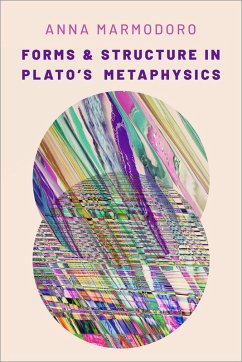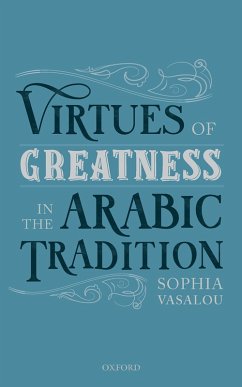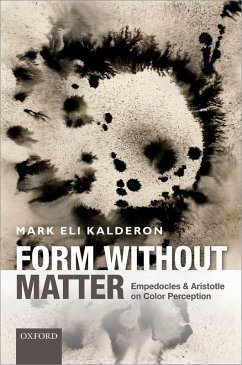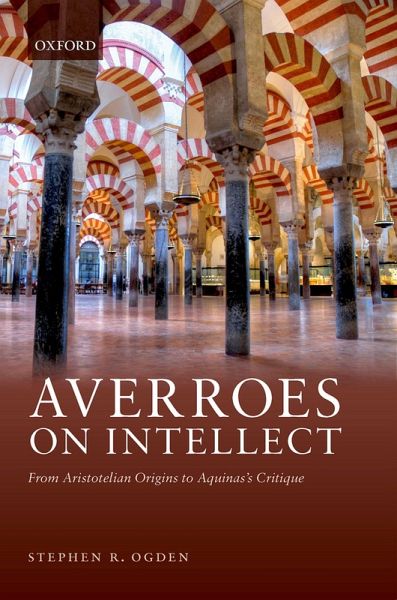
Averroes on Intellect (eBook, PDF)
From Aristotelian Origins to Aquinas' Critique
Versandkostenfrei!
Sofort per Download lieferbar
38,95 €
inkl. MwSt.
Weitere Ausgaben:

PAYBACK Punkte
19 °P sammeln!
Averroes on Intellect provides a detailed analysis of the Muslim philosopher Averroes (Ibn Rushd)'s notorious unicity thesis -- the view that there is only one separate and eternal intellect for all human beings. It focuses directly on Averroes' arguments, both from the text of Aristotle's De Anima and, more importantly, his own philosophical arguments in the Long Commentary on the De Anima. Stephen Ogden defends Averroes' interpretation of De Anima using a combination of Greek, Arabic, Latin, and contemporary sources. Yet, Ogden also insists that Averroes is not merely a 'commentator' but an ...
Averroes on Intellect provides a detailed analysis of the Muslim philosopher Averroes (Ibn Rushd)'s notorious unicity thesis -- the view that there is only one separate and eternal intellect for all human beings. It focuses directly on Averroes' arguments, both from the text of Aristotle's De Anima and, more importantly, his own philosophical arguments in the Long Commentary on the De Anima. Stephen Ogden defends Averroes' interpretation of De Anima using a combination of Greek, Arabic, Latin, and contemporary sources. Yet, Ogden also insists that Averroes is not merely a 'commentator' but an incisive philosopher in his own right. The author thus reconstructs and analyzes Averroes' two most significant independent philosophical arguments, the Determinate Particular Argument and the Unity Argument. Alternative ancient and medieval views are also considered throughout, especially from two important foils before and after Averroes, namely, Avicenna (Ibn Sina) and Thomas Aquinas. Aquinas' most famous and penetrating arguments against the unicity thesis are also addressed. Finally, Ogden considers Averroes' own objections to broader metaphysical views of the soul like Avicenna's and Aquinas', which agree with him on several key points including the immateriality of the intellect and the individuation of human souls by matter, while still diverging on the number and substantial nature of the intellect. The central goal of this book is to provide readers with a single study of Averroes' most pivotal arguments on intellect, consolidating and building on recent scholarship and offering a comprehensive case for his unicity thesis in the wider context of Aristotelian epistemology and metaphysics.
Dieser Download kann aus rechtlichen Gründen nur mit Rechnungsadresse in A, B, BG, CY, CZ, D, DK, EW, E, FIN, F, GR, HR, H, IRL, I, LT, L, LR, M, NL, PL, P, R, S, SLO, SK ausgeliefert werden.




